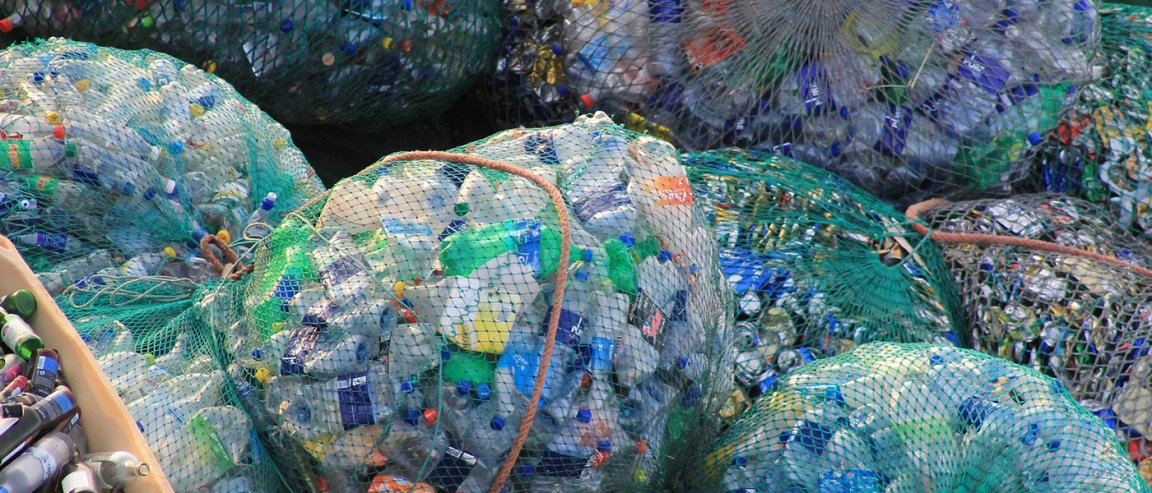
A Ban On Plastic
India’s capital, Delhi, is taking a drastic stand against one of the biggest pollutants in the world: plastic.
Humanity produces 78 million tons of plastic packaging. Of that number, 32 percent ends up in our waters — roughly the equivalent of one garbage truck of plastic per minute. And according to the a study published in Science, the amount of plastic waste that India dumped in the world’s oceans in 2010 was 12th highest of the 192 countries analyzed. China took the first position in that ranking, and the U.S. took the 20th.

Adding to this are recent complaints about three local dump sites intended to operate as waste-to-energy plants, but were cited for illegal mass-burning of plastic and other waste, which added to the city’s air pollution.
This has prompted the National Green Tribunal to impose a ban on disposable plastic in the country’s capital city. Inhabitants of New Delhi are no longer permitted to use plastic bags, cups, or cutlery.
Deteriorating Environment
India’s continuously deteriorating environment is prompting government agencies and regulatory boards to enforce stricter rules on the country.

Apart from being a major contributor to pollution in oceans, India has also been cited for its waste-burning processes that pollute the air. A World Health Organization study notes that such practices cause premature deaths in the country due to the fine particles they releases, which can cause fatal respiratory infections, especially in children.
While India isn’t the first country to ban use of plastic, the country’s efforts are more comprehensive. Greenpeace hopes that this initiative will lead a much needed charge limiting global use of plastic.